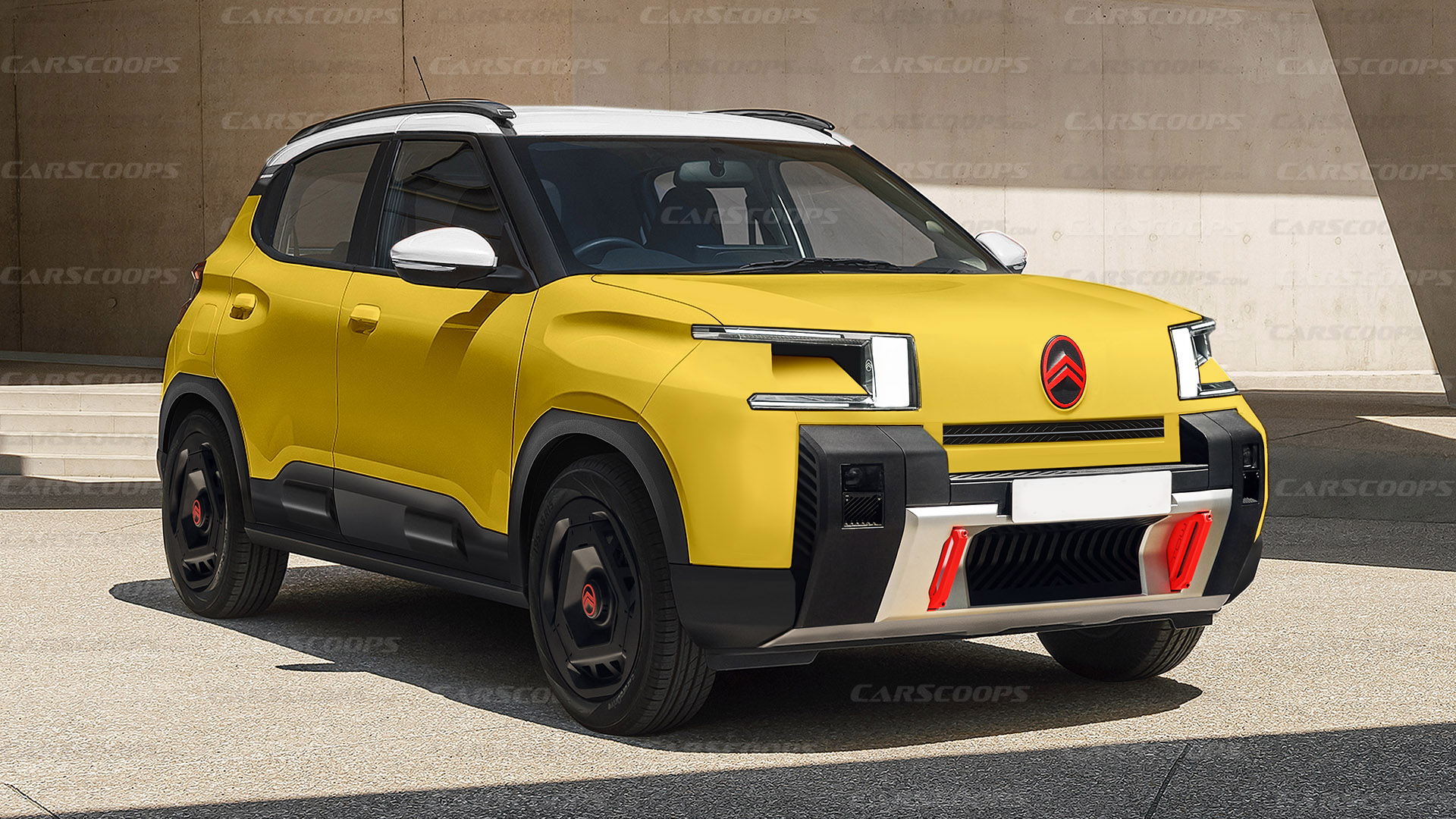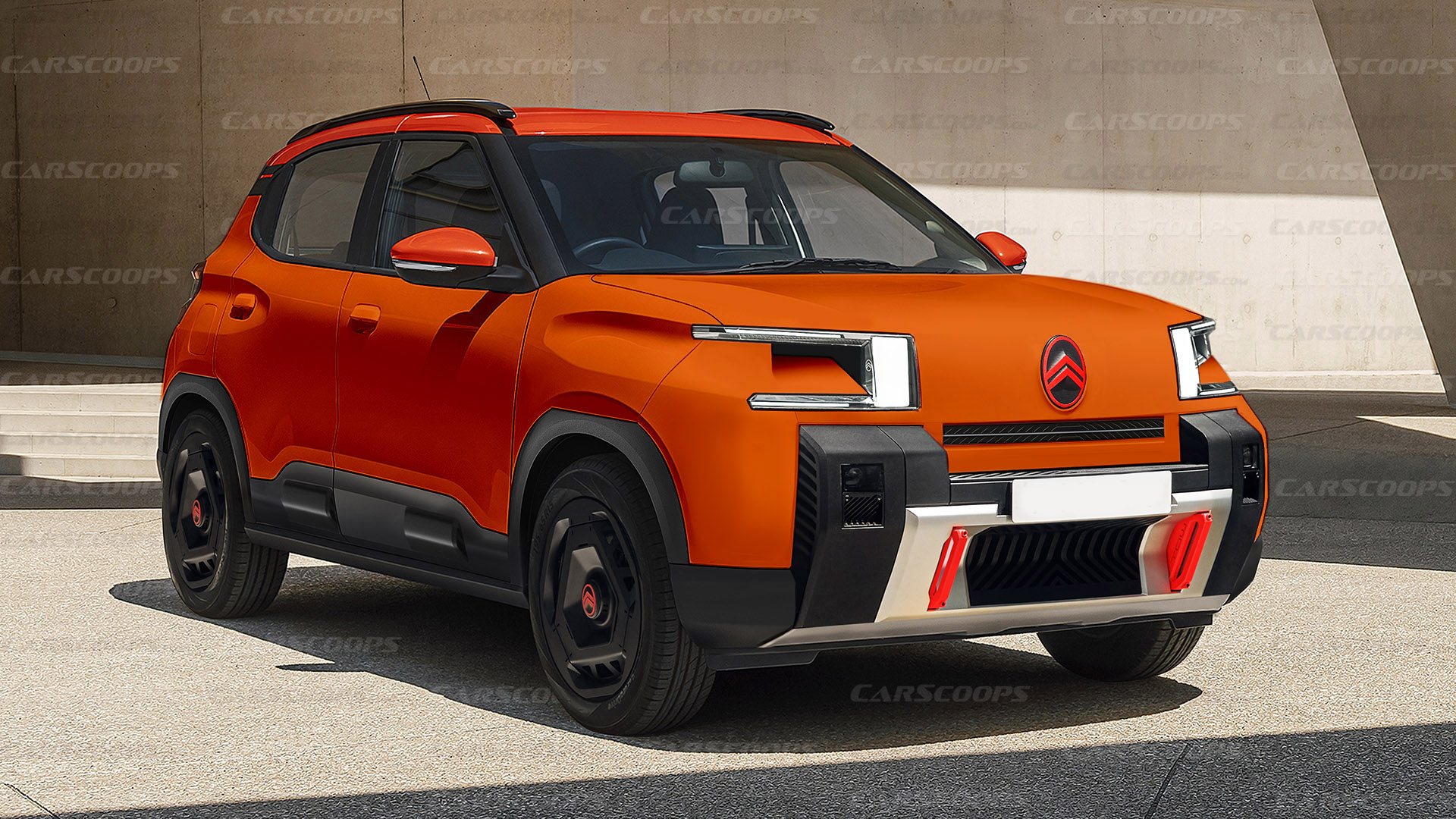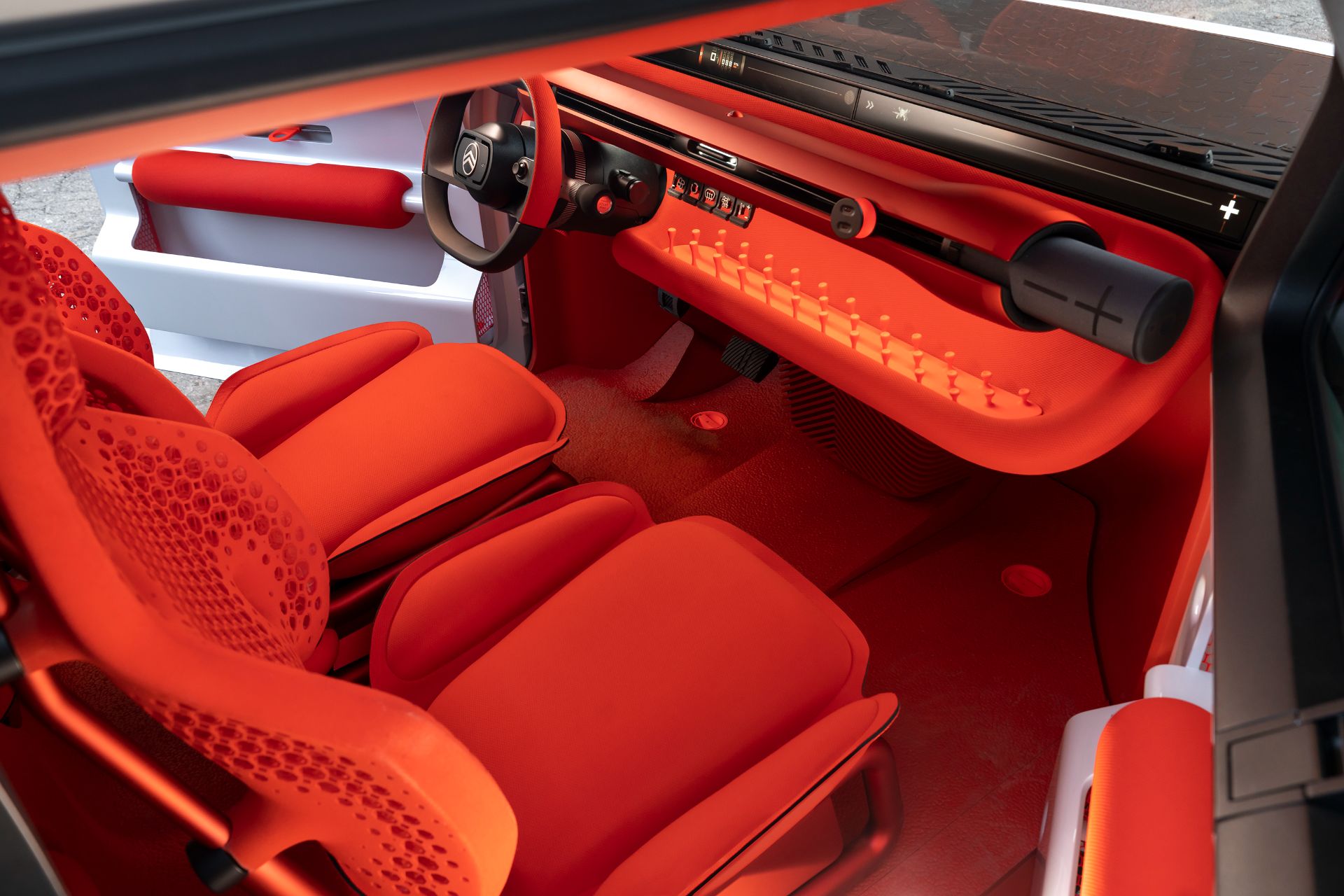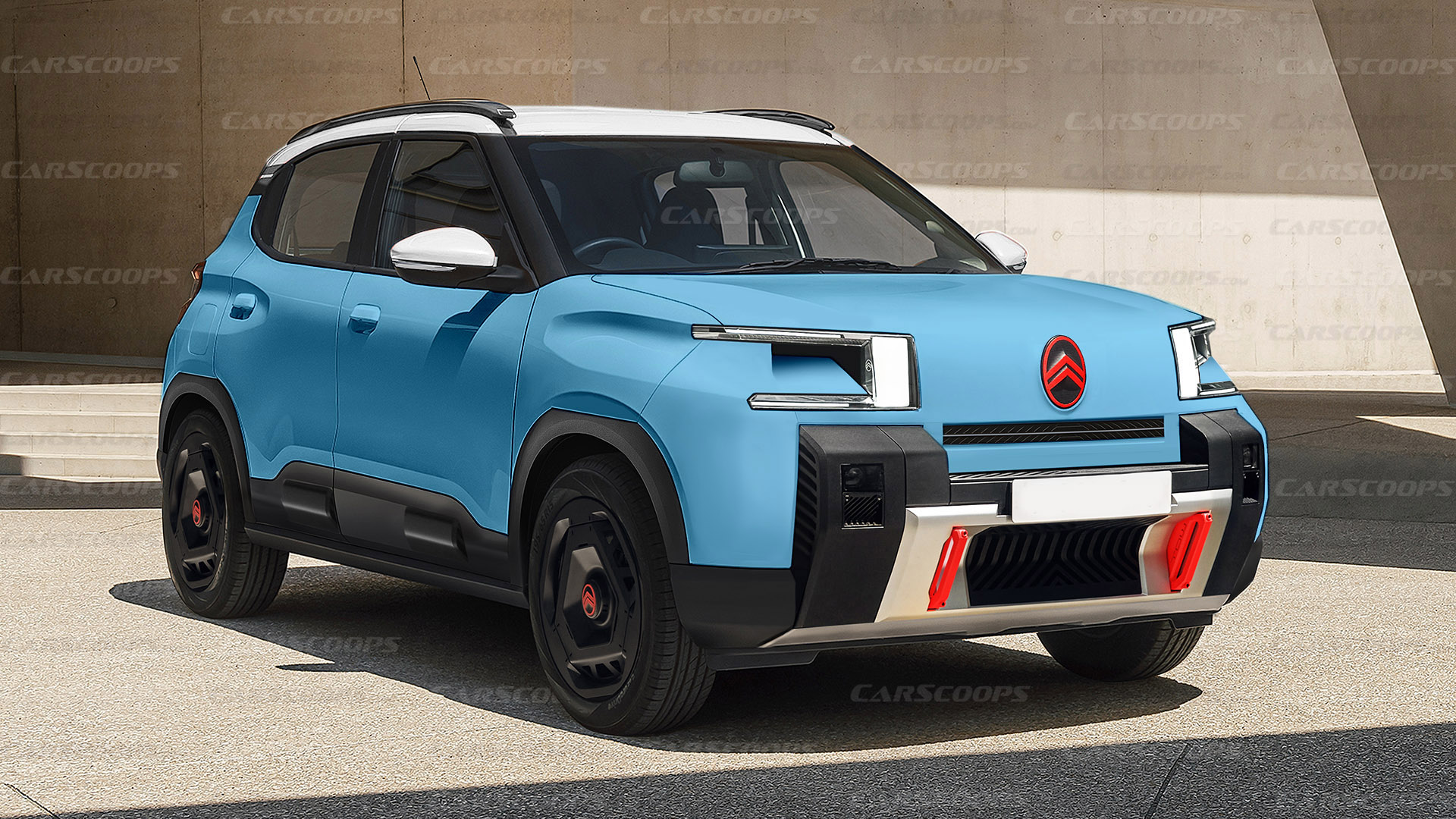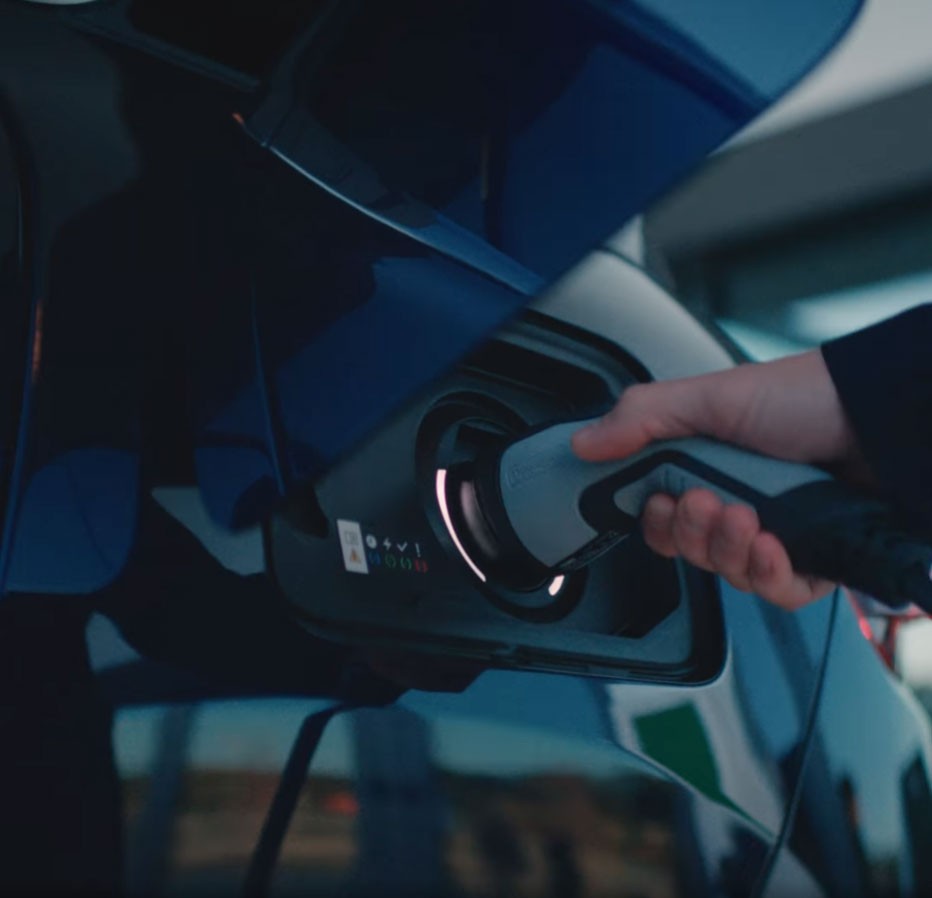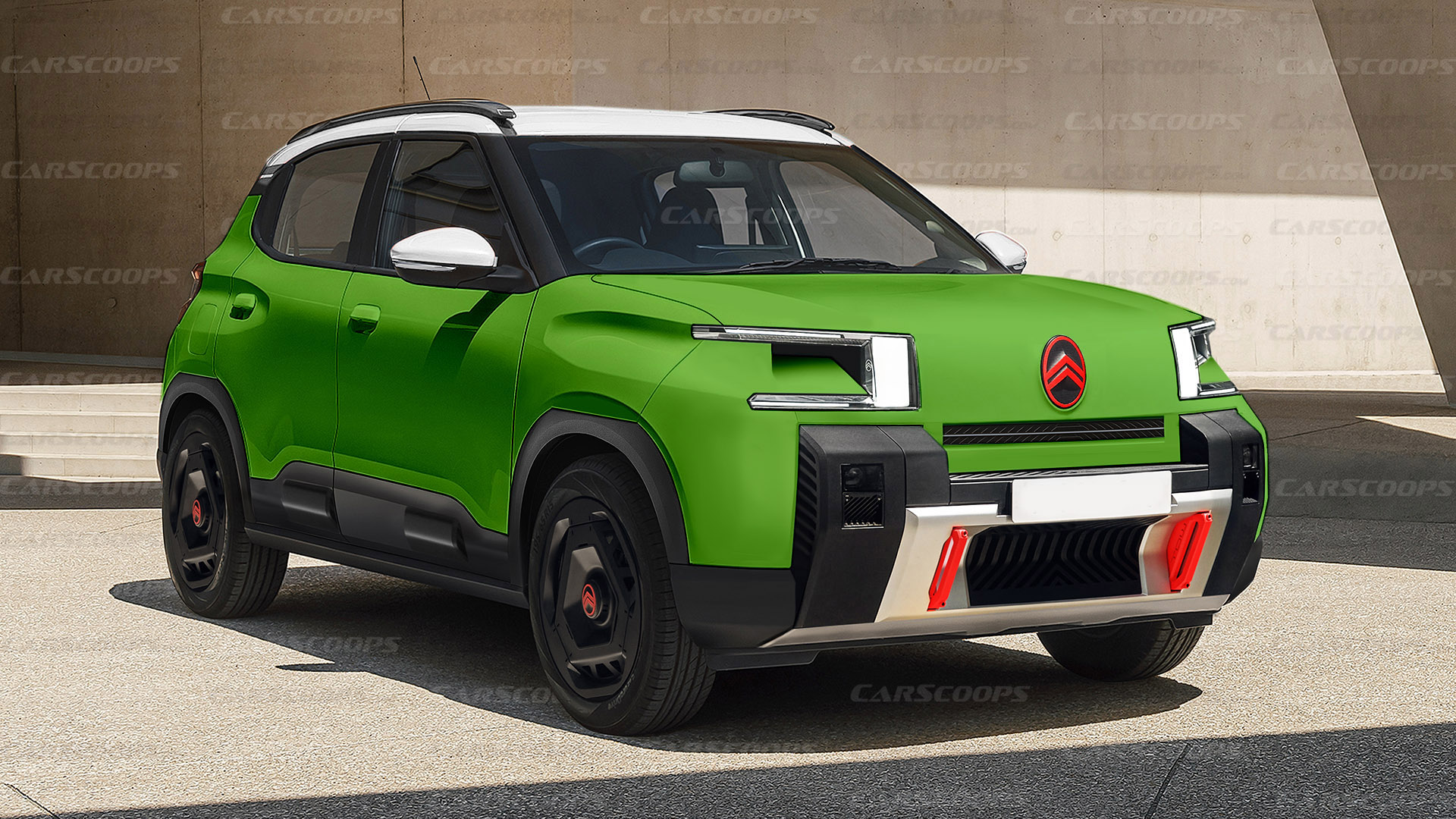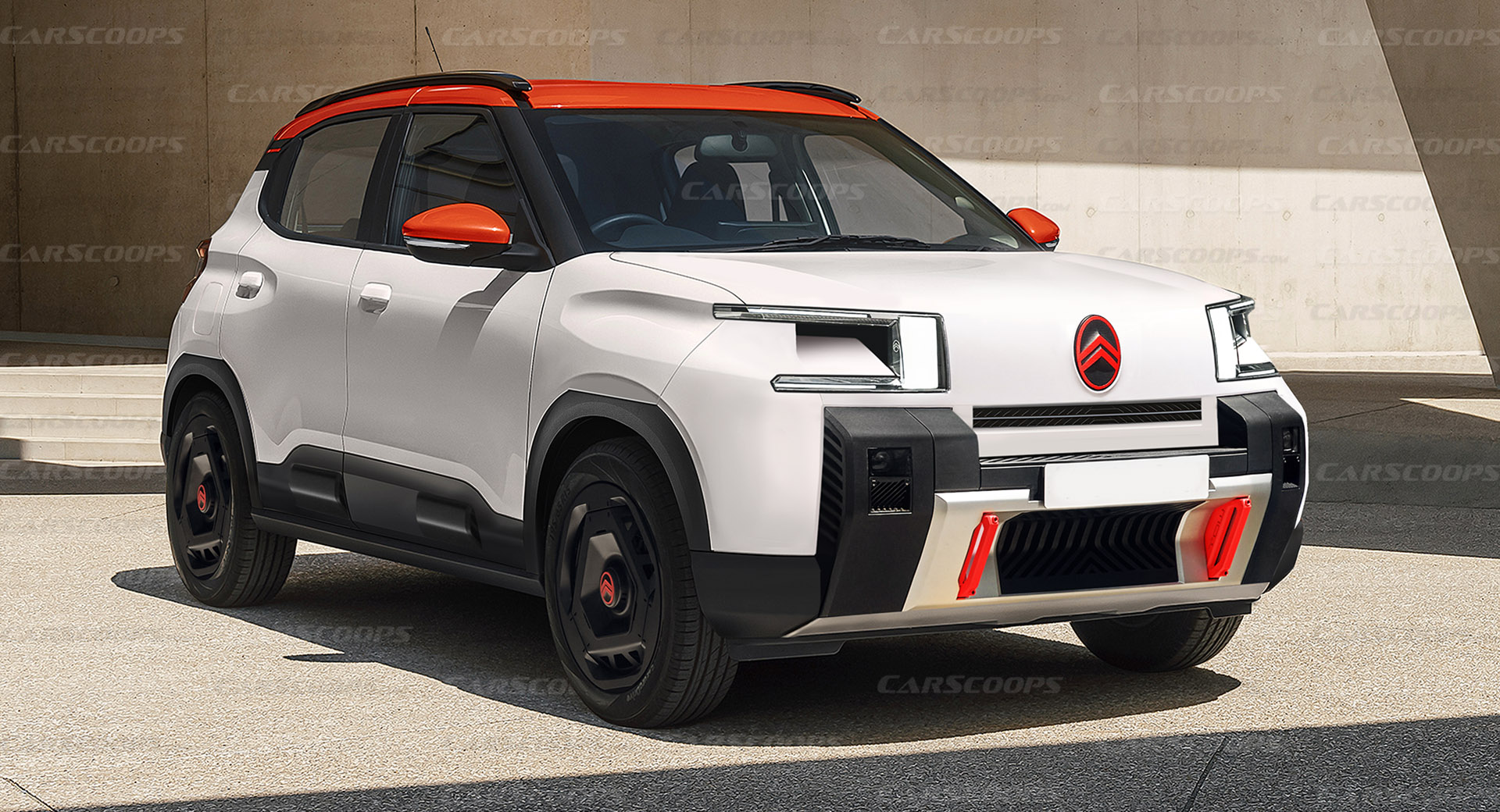This story includes speculative renderings of the upcoming Citroen C3 created by Thanos Pappas for CarScoops that are neither related to nor endorsed by Citroen.
Citroen is going through a transformation period and the upcoming fourth-generation C3 will likely spearhead the new era. The French supermini is rumored to receive a crossover treatment similar to the “New C3” that was introduced last year for emerging markets, although the European model could get revised styling inspired by the Oli concept. It is also expected to be the first production model to incorporate Citroen’s new emblem.
With the current third-gen C3 being around since 2016 and remaining largely unchanged despite the facelift in 2020, it is time for Citroen to unveil an all-new generation. As reported by the French publication L’Argus, the C3 will share common features with the New C3, but in a revised manner so it is better suited to the needs of the European demographic and regulations.
Also Read: 2024 Citroen C3 Aircross Coming With A Larger Footrpint In Mild Hybrid And EV Forms

The Citroen New C3 (above) that is currently on sale in Latin America and India, compared to a speculative rendering of Europe’s upcoming fourth-gen C3 (below) integrating styling cues from the Oli concept.
In our exclusive rendering, we combined the main body of the New C3 with styling cues recently introduced by the Oli concept including the rugged bumper, the LED headlights, the futuristic steel/aluminum wheels, the flattened wheelaches and the new type of air bumps. The result is a modern crossover, proudly wearing Citroen’s new logo and losing the chrome bars that has been a signature element of the entire range. At the same time, a large number of shared body panels and components with the New C3 could help lower production costs and contribute to more affordable pricing than rival offerings.
For those who are wondering what will be the relevance of the C3 with the C3 Aircross now that both of them will adopt an SUV stance, the main differentiation point will be their footprint. The C3 is set to remain below the 4.0 m (157.5 inches) mark, while the next-gen C3 Aircross is expected to grow closer to 4.3 m (169.3 inches). This size difference together with the price gap between them are more than enough to justify their co-existence in the small segment.
Inside the cabin, the C3 won’t get the futuristic looks nor the fancy recycled and recyclable materials of the Oli concept but it will incorporate some features. Citroen will follow Dacia’s example of using the user’s smartphone for media and navigation, replacing the expensive and often laggy infotainment touchscreens. This solution is obviously cheaper for the manufacturer but can also increase functionality since our devices are upgraded more often than cars. We might also see features like the removable Bluetooth speakers of the concept instead of a conventional audio system.
Citroen is known for unconventional features like the panoramic sunroof with no cover and the fixed rear windows of the C4 Cactus, thus we wouldn’t be surprised if some of this cost-cutting quirkiness finds its way into the C3. Also, the brand will stay true to the “Advanced Comfort” philosophy, even in the smallest and more affordable member of its lineup which is the C3 after the demise of the C1 (the even smaller Ami is not an actual car but a heavy quadricycle).
New Underpinnings And A Fully Electric variant
The new C3 will finally move into the CMP architecture which is already underpinning the Peugeot 208 and Opel Corsa superminis, an array of B-SUVs from the Stellantis portfolio as well as Citroen’s own C4 and C4 X. Being one of the last models to adopt the newer modular platform alongside clever cost-cutting solutions will allow the C3 to be more affordable than its siblings, in a similar manner to the Skoda Fabia against the VW Polo and the Seat Ibiza. After all, Citroen is destined to become the budget brand of Stellantis together with Fiat, rivaling the likes of Skoda and Dacia.
Arnaud Ribault, head of Citroen Europe, recently stated that electrification poses a “real threat” to affordable vehicles for all automakers, in combination with the rising cost of raw materials. However, Laurent Barria, Marketing and Communications Director for Citroën, confirmed to Autocar that the new C3 will be available in EV form.
See Also: New Citroen C4 X Debuts In ICE And EV Versions As A Longer, More Stylish C4
The model will utilize the e-CMP platform but instead of getting the latest electric motors and battery tech from the updated Peugeot e-208 and the army of sibling SUVs, it will get Citroen-specific hardware aiming at cutting costs. The latest reports from France suggest that the C3 will use electric motors sourced from China, with outputs of 80 hp (60 kW / 82 PS) and 107 hp (80 kW / 109 hp) nearly matching the petrol engines of the current range. As for the batteries, they could be sourced from Chinese company Svolt, with a capacity of 40 kWh and 50 kWh, allowing an EV range of more than 300 km (186 miles) and supporting rapid charging.
It is hard to believe that Citroen will go EV-only in the supermini segment, so we expect the C3 to get at least a petrol-powered variant, following the demise of diesel powertrains from its range. The most likely candidate is the tried-and-tested 1.2-liter PureTech three-cylinder engine that is widely used across all Stellantis brands. This motor will soon gain a mild-hybrid system for lower emissions, but the Citroen C3 might keep the ICE-only version in order to achieve a low starting price. After all, thanks to a growing number of EV offerings, Citroen has a low fleet average of CO2 emissions.
Citroen confirmed that its new logo and corporate identity will be applied to production models starting in mid-2023. Furthermore, Laurent Barria revealed that the first model to wear the oval-shaped double chevron emblem will be the new generation of the C3. Thus, it is safe to assume that the new supermini will debut next year, with a European launch following shortly after that.





